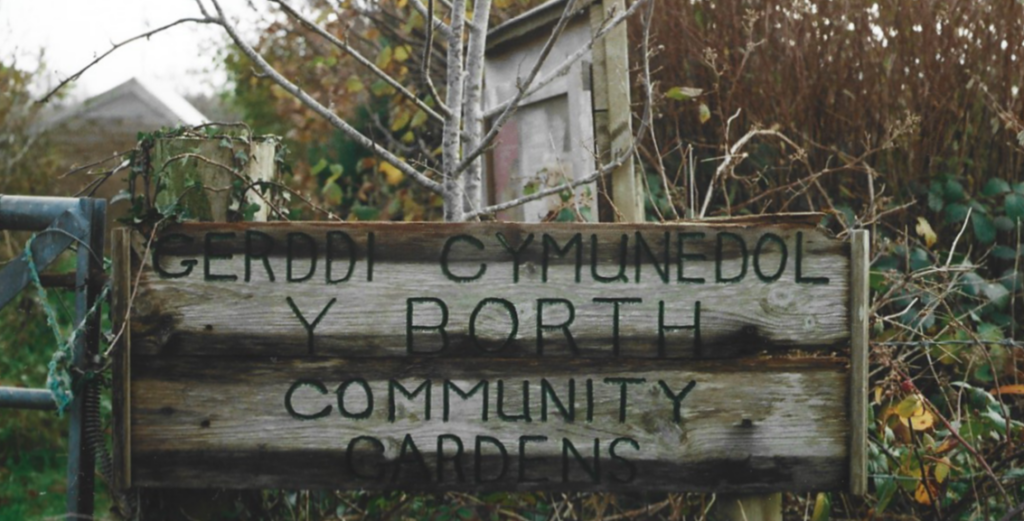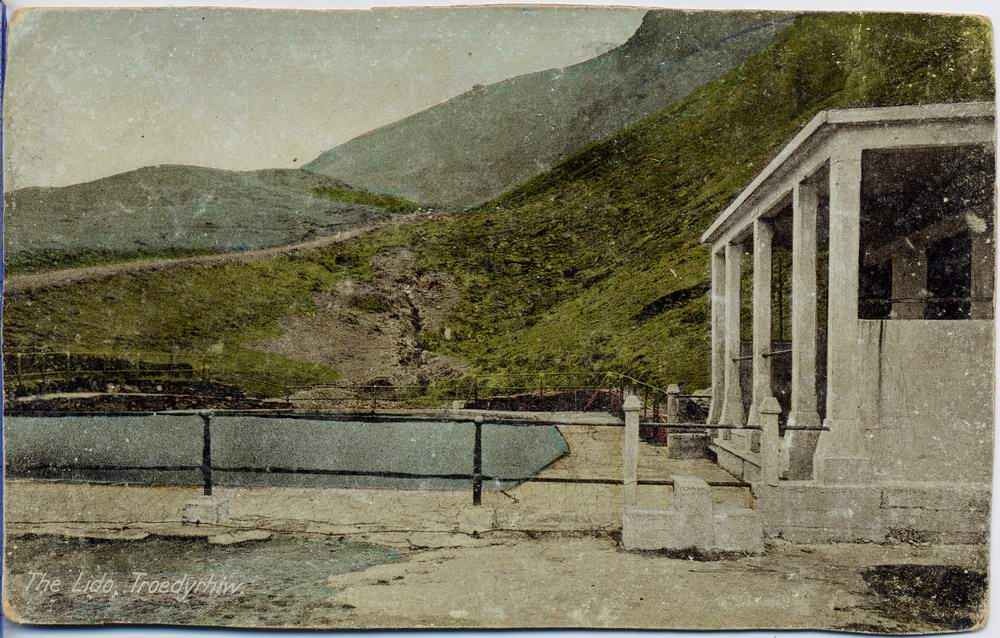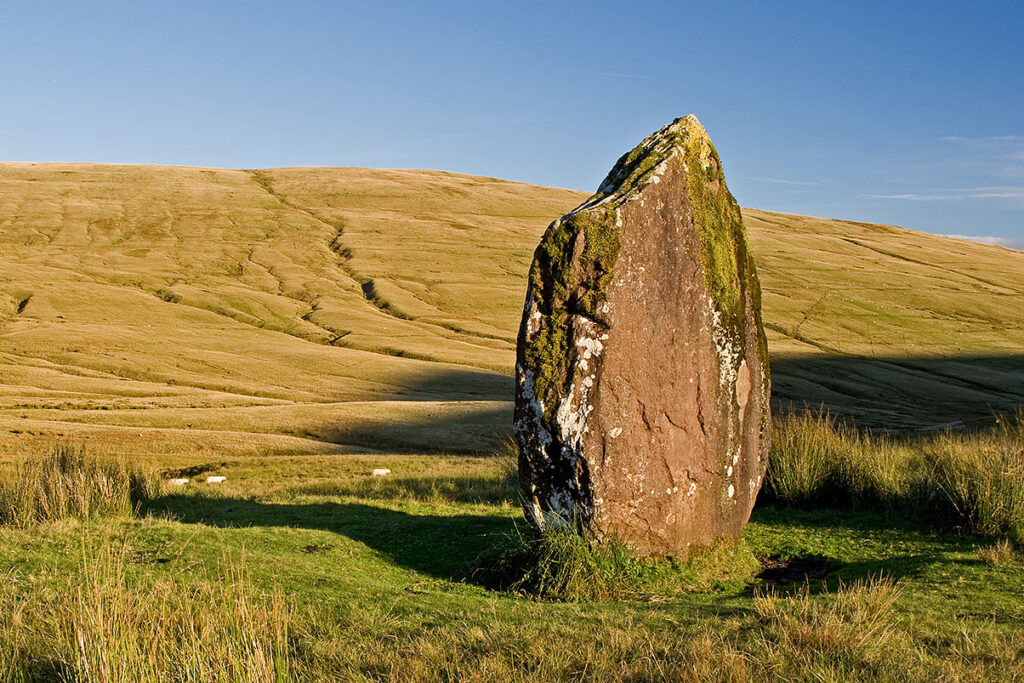Dafydd Wigley looks back at the career of ‘the greatest Welsh statesman of the 20th century’ who died in April 2005
Gwynfor Evans was elected to parliament in 1966, that famous Carmarthen by-election. I was in London and had just helped to set up Plaid Cymru’s Research Group with the late Phil Williams, Dafydd Williams and others. I had an opportunity to work with Gwynfor, drawing up parliamentary questions and researching economic statistics for him.
Parliament was a very lonely place for Gwynfor at that time. But within a short period he had helped inspire the Scots to elect Winnie Ewing to join him in the battle. She and Gwynfor shared those crucial nationhood-clinching years that paved the way for the constitutional journey on which both Scotland and Wales have embarked.
I have no doubt that Gwynfor was the greatest Welsh statesman of the 20th century. It is true that Lloyd George was a great British statesman. The people’s budget was revolutionary and ‘Lloyd George’s money’ – the state pension – was an immensely important social provision. But had Lloyd George not been there to accomplish these changes some other politician would have taken the opportunity to fulfill the yearnings of that age.
Likewise with Aneurin Bevan. It is difficult to believe that had Attlee appointed someone else as Minister for Health, we would not have had the fulfillment of the aspiration for a National Health Service, drawing heavily on Beveridge’s proposals.
With Gwynfor, it was different. If Gwynfor had not campaigned with such passion, with such unbending determination, and with such incredible perseverance, Wales would not, today, be what it is. He made us dare to hope. No one else could have achieved this. Our generation could not otherwise have lived through this remarkable chapter in Welsh history which has unfolded over the last half century.
Without Gwynfor’s influence we would not have our National Assembly. The Welsh language would not enjoy official status. S4C would not have come into existence. Wales would not be stepping into the 21st century as a recognised national community with the potential to develop into a full member state within the European family of nations. It is thanks to Gwynfor that this has happened.
My period of working with him in Parliament and seeing how he took up the challenge, was a formative experience. Every moment he was there he used to the full; it was as if he was a shepherd for the whole of the small nation – writing countless letters in his own hand, encouraging people to take up the challenge; inspiring new activities of all sorts and thanking even the most junior branch officer for undertaking the most menial tasks. A small part of that enormous flame which burnt in Gwynfor’s breast has affected every one of us, both within and outside Plaid Cymru.
The respect shown towards Gwynfor in Parliament was across party boundaries. Michael Foot admired him because of his unceasing commitment to peace. I well remember Leo Abse saying, after the 1979 election when Gwynfor lost Carmarthen, “This is the end of an era. Without people like Gwynfor, Parliament will not be the same place”.
A character trait of Gwynfor’s was to think the best of everyone. He would meet someone on a train, that person might say a few warm words of tribute towards the work he was doing – and Gwynfor would be immediately convinced that he had discovered another passionate nationalist! I believe Gwynfor had to think the best of everyone: how else could he have battled through the long years in the wilderness? I learnt from him that it is through kindness, not through political hatred, that we win the hearts and minds of people – and through that win our arguments.
This vision was part of Gwynfor’s commitment to non-violent politics. This was one of the great contributions which he made to Wales and the world – that it is possible to create a national revolution without resorting to violence.
Many have commented recently about Gwynfor’s stand to secure a Welsh television channel. It was his determination that forced the Thatcher government to make its first u-turn and allow the will of the Welsh people to transcend the wishes of the government of the United Kingdom. The implications were far-reaching. It was part of the background which led, a decade later, for both Tony Blair and John Major alike, to recognise that the people of Wales and Scotland have the fundamental right to self determination.
“Freedom for Wales” was Gwynfor’s great objective, freedom to allow us to decide things for ourselves; and to take on to our shoulders the responsibility for the future of our country and its people, and to accept our responsibilities towards the rest of humanity. It is that “freedom” which allows us, as a people, to choose the degree of self-government we hold. It is, in fact, a recognition of the sovereignty of the people, and that the people of Wales have the right to exercise such sovereignty on a national level.
I remember, towards the end of the 1980s, considering leaving politics, feeling that I had nothing further to contribute. I called at Talar Wen (his Llangadog home) to explain this to Gwynfor. He respected my decision and put no unfair pressure on me to reconsider, but there was an obvious sadness in his eyes. As I drove the car for home, I knew in my heart that I couldn’t disappoint him. That was the sort of man he was, and that is the sort of effect he had on so many of us.
When I called past Pencarreg to see him very near the end of his life, enjoying an hour’s chat over a splendid tea, Gwynfor was as alert as ever to the political needs of Wales. He discussed in detail how it might be that the Richard Commission Report could be enacted. He railed against the war in Iraq, rejoicing in the stance of Adam Price, and Plaid’s parliamentary party against that war. And, as always, although his voice was weak, he pressed with passion the basic need to safeguard and strengthen the national movement. His mind was razor sharp and his enthusiasm – in his nineties – was as contagious as ever.
Gwynfor Evans was one of the most civilised politicians that these islands have ever seen. And Gwynfor is the father of the new Wales. His challenge is our challenge – and our privilege – to roll up our sleeves and help bring about his vision – a peaceful world, a cooperative society, a flourishing Welsh language and a national future for Wales. Ours is the duty to build a civilized Wales worthy of such a founding father.
In his book A National Future for Wales Gwynfor wrote, “A nation is not only a partnership between the living, but between the living and the dead.” In the words of Waldo Williams “cadw ty mewn cwmwl tystion” (keeping a home amidst a cloud of witnesses). The partnership of which Gwynfor wrote takes on a new meaning today, and from his grave Gwynfor will continue to inspire us, both as individuals and as a nation.





